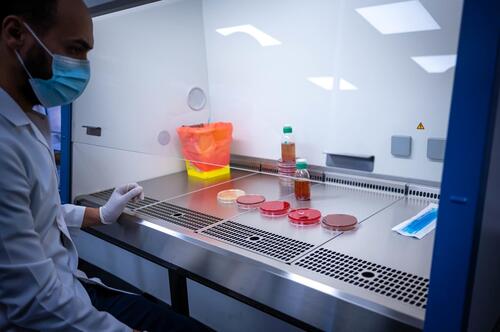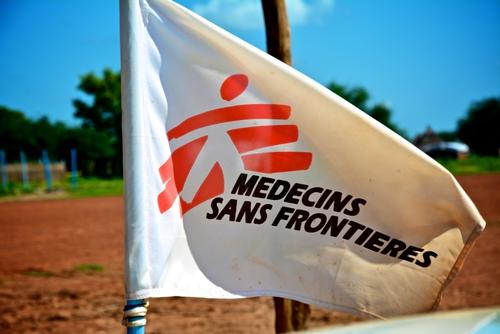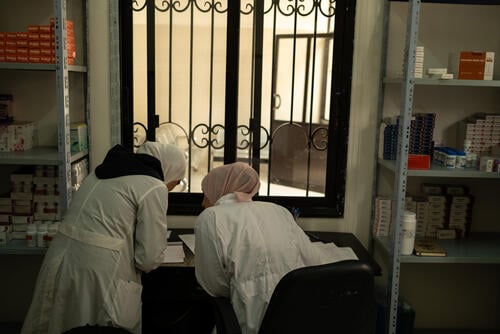Antimicrobial resistance (AMR) poses a growing threat in humanitarian and low-resource settings, particularly in conflict-affected regions where fragile health systems, access barriers to healthcare, and environmental contamination amplify its impact. Since 2014, Médecins Sans Frontières (MSF) has made reducing the AMR burden a key priority, integrating it into its broader medical humanitarian efforts.
This report follows on from the second UN High-Level Meeting on Antimicrobial Resistance, held on 26 September 2024, which aimed to “review progress on global, regional, and national efforts to tackle antimicrobial resistance, identify gaps, and invest in sustainable solutions to strengthen and accelerate multisectoral progress, building a healthier world based on equity and leaving no one behind.” While the new declaration acknowledges the significant gaps in addressing AMR in humanitarian and low-resource settings, there remains a lack of concrete, practical steps to translate these commitments into tangible actions.
Paving the way forward this report draws on nine operational case studies from Gaza, Afghanistan, Mozambique, north Syria, Ukraine, Sierra Leone, South Sudan, and Bangladesh. These case studies illustrate the critical drivers, challenges and consequences of AMR in a range of contexts where MSF works—conflict-affected regions, areas disproportionately impacted climate change, countries with underfunded health systems, and displaced populations. This report highlights the
pressing need to develop a context-adapted approach to AMR for vulnerable groups such as newborns, malnourished children, those who have sustained trauma injuries, and women and girls living in humanitarian settings.






